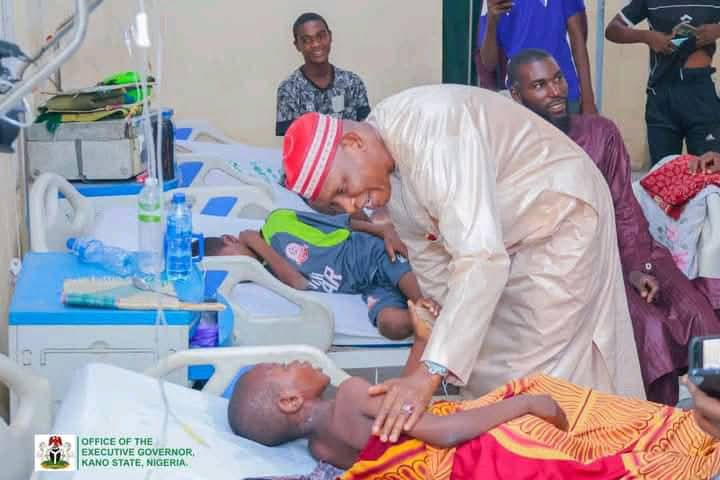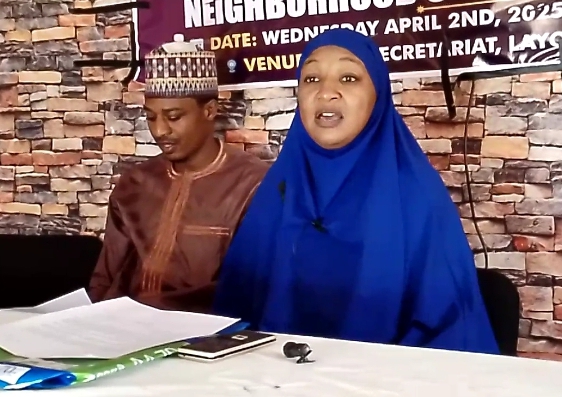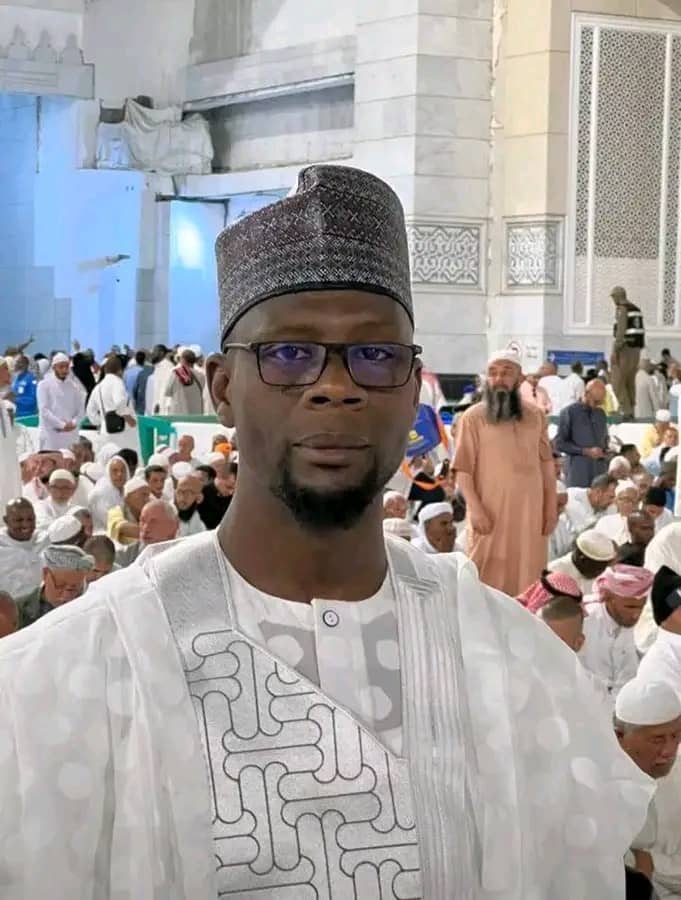Nigeria’s healthcare system continues to face numerous challenges, including inadequate infrastructure, corruption, and a shortage of skilled healthcare professionals. These issues have led to a decline in the quality of care, poor health outcomes, and growing public distrust in the system.
Kaduna State: Healthcare System in Crisis
Residents of Kaduna State have voiced their concerns over the deteriorating healthcare system, citing expired drugs, obsolete equipment, and medical negligence as major issues. Many believe these factors contribute to misdiagnoses and preventable deaths.
A patient, David Kure, shared his ordeal after being wrongly diagnosed with HIV due to faulty equipment. He had to undergo three consecutive tests to confirm his actual health status. Kure also pointed out that poor attitudes among healthcare workers exacerbate the crisis.
“Nurses in government hospitals are often rude and unprofessional, making the situation even worse,” he lamented. He called for improved funding, stricter regulations, and greater accountability within the sector.
Residents argue that underfunding, inefficient supply chain management, and a lack of transparency have crippled the sector. They stress the need for a multifaceted approach involving policymakers, medical professionals, and regulators to address these challenges effectively.
Katsina State: Victims of Medical Negligence Speak Out
In Katsina State, victims of misdiagnoses and incorrect treatments have urged the government to take urgent action against medical malpractice. Many patients have suffered severe health complications due to erroneous test results and improper prescriptions by healthcare personnel.
Haruna Umar, a victim of misdiagnosis, recounted how he underwent an unnecessary surgery for a supposed fluid buildup between his stomach and chest. It was only during the procedure that doctors realized the initial diagnosis was incorrect, leading to a second surgery on the spot.
“I suffered immensely and spent two months in the hospital. My family also bore a huge financial burden,” he said. While he forgave the medical team, he urged the government to enforce compensations for victims of medical negligence.
Similarly, Lawal Abdullahi, who underwent a botched knee surgery at a private hospital, now relies on a wheelchair. Despite traveling to Egypt for corrective surgery, he continues to suffer from complications.
“I am tired of surgeries, and I don’t know what to do next,” he expressed. He called on the government to equip healthcare facilities with modern machines and ensure proper training for medical personnel to prevent such incidents.
Kano State: Experts Demand Urgent Reforms
Healthcare experts in Kano State have called on the government to address negligence and outdated medical practices that undermine healthcare delivery. They stress that obsolete medical equipment, improper data interpretation, and careless treatment by some professionals contribute to worsening patient outcomes.
Community health expert Ghali Nura emphasized the urgent need for systemic reform.
“If we fail to update medical equipment, remove expired drugs, and ensure the competence of healthcare personnel, we risk a major public health crisis,” he warned.
Bashir Shaza, a public health analyst, highlighted the dangers of outdated diagnostic tools, which often lead to incorrect treatments. Similarly, public affairs commentator Ali Muhammad called for increased investment in healthcare, improved staff training, and strict enforcement of regulations to prevent the circulation of expired medications.
Residents of Kano also decried long waiting times, limited medical facilities, and a lack of essential services, particularly in rural areas. Aisha Inuwa, a resident, emphasized the need for affordable and effective healthcare services that cater to all citizens.
Government Efforts and the Way Forward
The Kano State Government has allocated N90.6 billion for the healthcare sector in its 2025 budget, signaling efforts to improve the system. However, stakeholders argue that proper implementation, transparency, and accountability will be crucial in ensuring positive outcomes.
Addressing Nigeria’s healthcare crisis requires a collective effort from the government, healthcare professionals, and the public. By prioritizing resource allocation, regulation, and accountability, the country can begin to rebuild trust and improve health outcomes for its citizens.
I’ve refined your report for clarity and readability while maintaining its key details. Let me know if you’d like any further adjustments!




